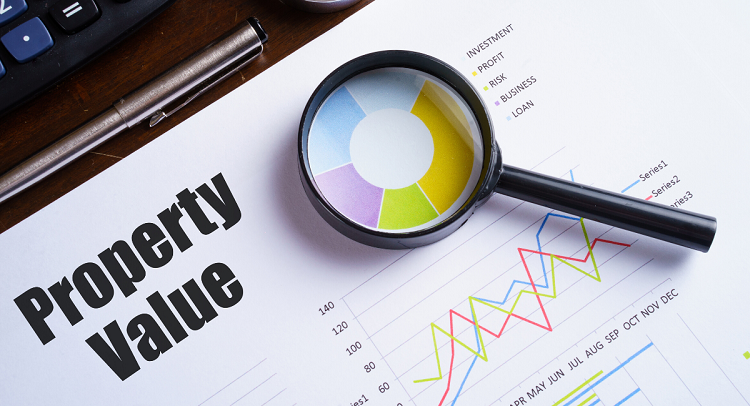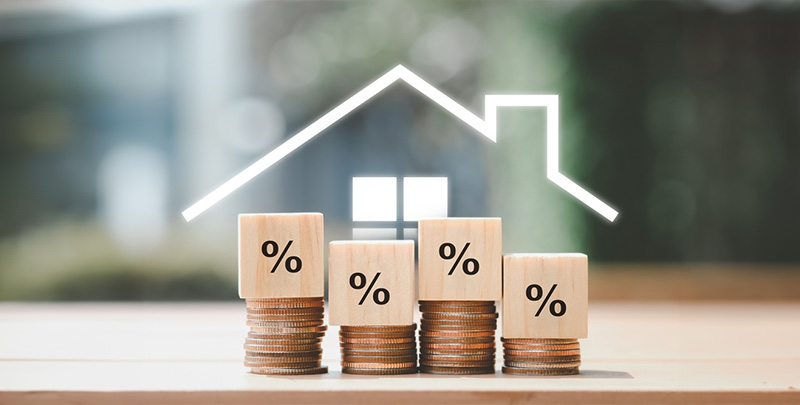Selling a house while still paying off a mortgage isn’t unusual. In fact, it’s pretty common. You might have lived there for a few years, built up some equity, and now you’re ready to move. But what actually happens to the mortgage sitting on that house?
That’s a question that pops up a lot, especially for first-time sellers. The short answer? You’ll usually need to pay it off as part of the sale process. But there’s a bit more going on under the surface, and it’s worth understanding how the whole thing works before putting your home on the market.
First off, your mortgage doesn’t just disappear
Let’s clear this up straight away. A mortgage is a legal agreement between you and your lender. That debt doesn’t vanish just because you’ve decided to move. It’s tied to the property, and it’s expected to be cleared when that property changes hands.
Most buyers won’t want to take on someone else’s mortgage, and lenders aren’t set up for that either. So unless you’re moving into a very specific type of deal (like porting your mortgage, which we’ll come to later), your loan will need to be paid off in full using the money from the sale.
How the repayment works during the sale
Here’s what usually happens.
You agree a sale with a buyer, and once that offer is accepted, solicitors get involved. They’ll handle most of the nitty-gritty paperwork and financial details. One of their jobs is to request a “redemption statement” from your mortgage lender. That’s a document showing how much is still owed on the mortgage, including any early repayment fees or interest due.
Once the sale is completed, the solicitor uses the buyer’s funds to clear your mortgage. The rest, if there’s any left over, is yours. That becomes your equity—your profit, basically—and it might go toward your next deposit or end up in your savings.
Here’s a quick example. Say you’re selling your house for £300,000, and you still owe £150,000 on your mortgage. After fees, taxes, and other costs are sorted, the solicitor pays off the £150,000 to the lender. If you’re left with £130,000 after everything, that’s your equity to do with as you please.
What if your house is worth less than your mortgage?
Now, this is a bit trickier. If your home sells for less than what you owe, that’s called “negative equity.” It’s not ideal, but it happens. Maybe the market’s dropped or you bought at a high price.
Selling in negative equity means your mortgage won’t be fully covered by the sale proceeds. You’d need to pay the remaining amount yourself or come to an agreement with your lender. Sometimes they’ll work out a repayment plan, but this is very case-specific. It’s not something to rush into without financial advice.
Can you transfer your mortgage to a new house?
This is where porting comes in.
Some mortgages are portable, meaning you can move them from one property to another. That sounds neat in theory, and it can work well if the stars align. But it’s not as smooth as it sounds.
Even if your mortgage is portable, you’ll usually need to go through a full application again. The lender will reassess your finances and check the new property’s value. If the house you’re buying is more expensive, you might need to borrow more, and that extra portion could be at a different rate.
Also, not all mortgages allow porting, and some that do come with strings attached. It’s worth checking the fine print or speaking to your lender early on if you’re thinking of going down this route.
Early repayment charges – are they a thing?
Yes, they can be.
Some mortgages include an early repayment charge (ERC), especially if you’re still within a fixed-rate period. This is basically a fee for paying off your mortgage sooner than the lender expected. It’s a way for them to recoup some of the interest they were expecting to earn over the life of the loan.
These charges vary. They could be a percentage of your remaining balance—sometimes as much as 1 to 5%. If your mortgage has six months left on a fixed term, it might not be a huge amount. But if you’re three years into a five-year deal, it could be more substantial.
It’s not always a deal-breaker, but you’ll want to factor it in when doing your sums.
What happens if you’re buying and selling at the same time?
This is common and a bit of a logistical juggling act. You’re selling one home, buying another, and trying to line everything up.
In this case, your solicitor will usually coordinate the timing so your old mortgage is paid off and your new one kicks in around the same time. If you’re porting your mortgage, it gets more complex, as you need both properties to complete on the same day. Otherwise, you could be stuck paying two mortgages at once—or have no mortgage when you need one.
It helps to get pre-approval or a mortgage in principle for the new home early. That way, things can move faster when your old house sells.
What about joint mortgages?
If you’re selling a house with a joint mortgage—maybe with a partner or family member—you’ll both be responsible for settling the debt. How the proceeds are split depends on your arrangement.
In cases of separation or divorce, it can get complicated. Sometimes one person wants to stay in the property, buy the other out, or transfer the mortgage into their own name. Other times, the house is sold and any equity is divided. Legal advice is a good shout in these situations, as emotions and finances can clash.
A few last things to think about
You don’t have to wait until your mortgage term ends to sell, but checking the terms is always smart. Some mortgages are more flexible than others.
Also, before you put the house on the market, it’s worth getting a rough idea of how much equity you’ve got. Speak to your lender for a redemption figure and get a few estate agent valuations. That gives you a realistic picture of what kind of move is within reach.
And don’t forget fees. Estate agent costs, solicitor fees, removal costs, stamp duty (if you’re buying again), and possibly that early repayment charge—all of these eat into your final profit.
To wrap it up…
Selling your home with a mortgage isn’t as daunting as it might sound. Most of the process is handled by professionals like solicitors and estate agents. But it helps to know how it all fits together, especially the part about clearing your mortgage and what that means for your finances.
Once you’ve got a handle on it, everything tends to make a lot more sense. And if you’re still unsure about any step, a quick chat with your lender or broker can clear up most of the questions.



